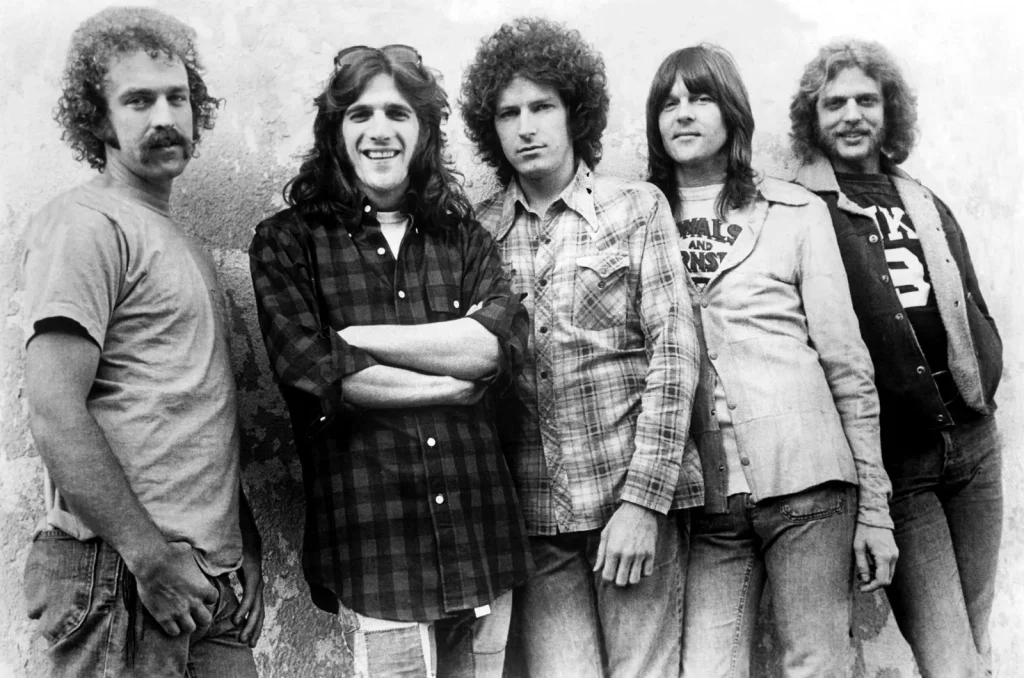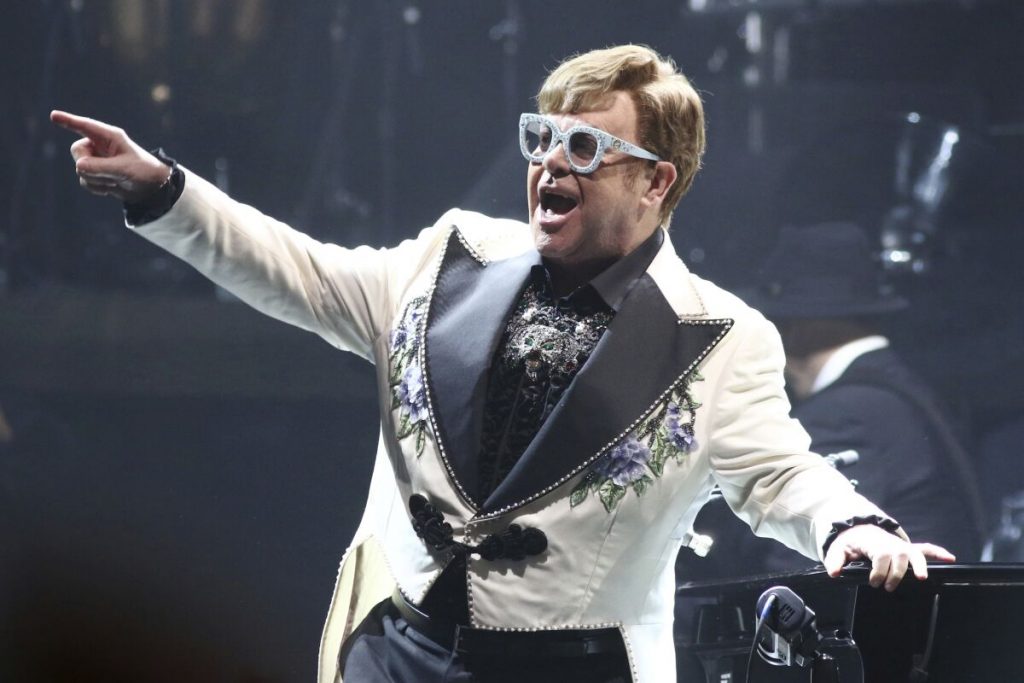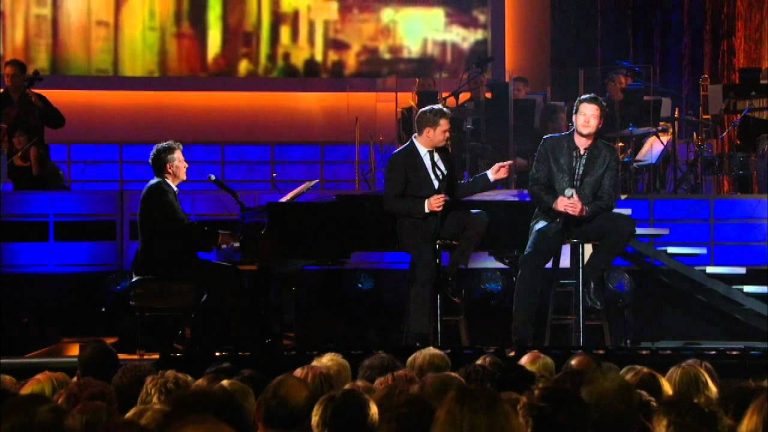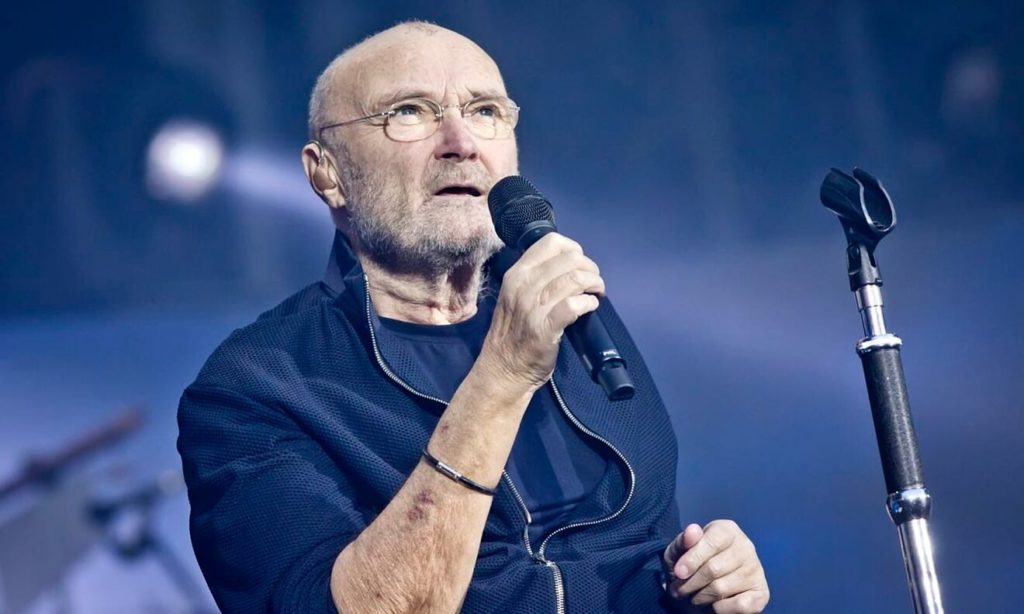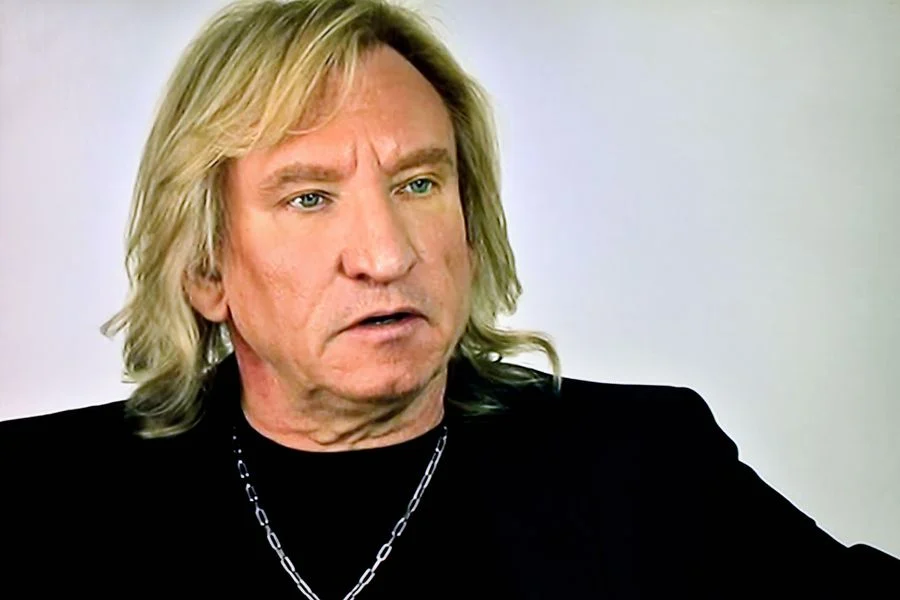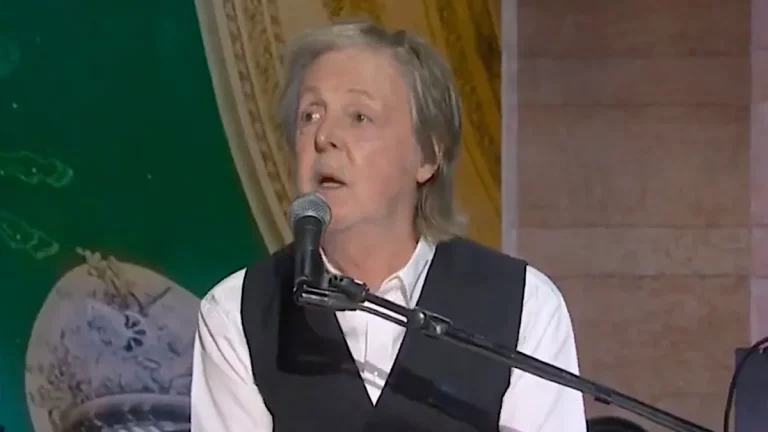Glenn Frey and Don Henley of the Eagles lent their harmonies to Bob Seger’s 1980 hit, “Against the Wind.” Frey’s collaboration with Seger was a testament to their enduring friendship, which began in Detroit’s vibrant music scene. Notably, Frey also contributed to Seger’s “Fire Lake” and “Shame on the Moon,” while Seger co-wrote the Eagles’ chart-topping “Heartache Tonight”.
Rick Murphy, lead vocalist of the Bob Seger tribute band Hollywood Nights, brings these behind-the-scenes stories to life during their dynamic performances. Renowned for their authentic sound and passionate renditions, the band captures the essence of Bob Seger & The Silver Bullet Band. Expect to hear classics like “Night Moves,” “Old Time Rock & Roll,” “Turn the Page,” “Still the Same,” and, of course, “Against the Wind.”
The Katharine Hepburn Cultural Arts Center, affectionately known as The Kate, is a historic 285-seat theater located in Old Saybrook, Connecticut. Named after the legendary actress and town resident, the venue offers an intimate setting with exceptional acoustics, making every performance memorable .

